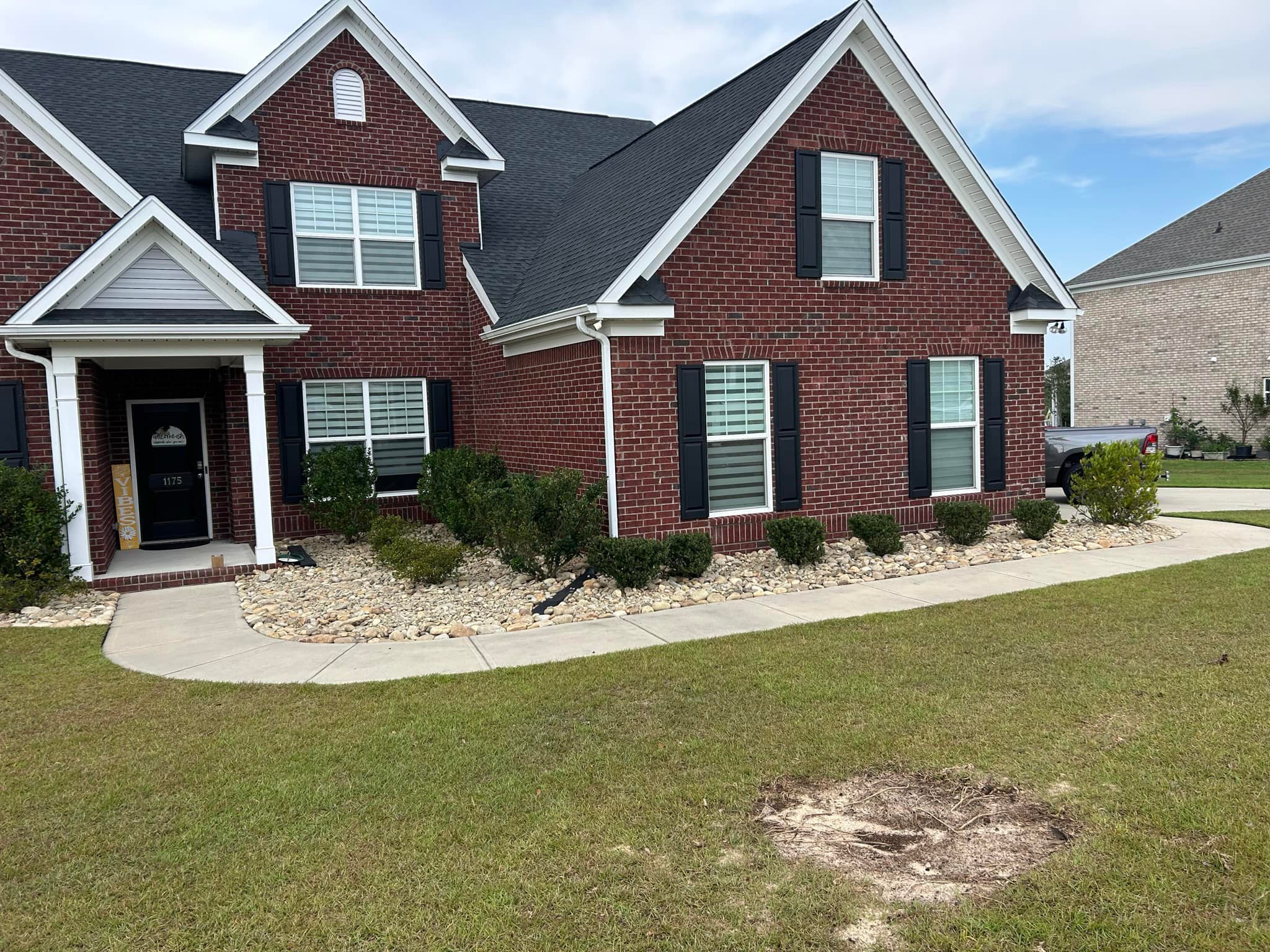
Transform Your Backyard with Eco-Friendly Landscaping Techniques Sep 26, 2025
Start by selecting native plants that are naturally adapted to your local climate and soil conditions. Native plants offer numerous benefits, including reduced water requirements, resilience to pests, and minimal maintenance needs. This approach not only saves time and resources but also supports the local ecosystem by providing habitat and food for native wildlife such as birds and pollinators. Choosing indigenous flora fosters biodiversity and creates a harmonious outdoor environment.
Incorporating efficient water management systems is another crucial component of eco-friendly landscaping. Consider installing a rainwater harvesting system to capture and utilize rainwater for irrigation purposes. This not only conserves water but also reduces your dependency on municipal water supplies. Additionally, integrating drip irrigation techniques can ensure that water is delivered directly to the roots of your plants, minimizing evaporation and waste.
The use of permeable paving materials in your hardscaping designs can significantly contribute to sustainable landscaping. Traditional concrete and asphalt surfaces often lead to increased runoff and flooding, disrupting the natural water cycle. By opting for permeable materials such as gravel, recycled bricks, or porous concrete, you allow rainwater to filter naturally into the ground. This improves groundwater recharge and decreases the risk of erosion.
Composting is another effective way to enhance your backyard’s eco-friendliness while enriching the soil. By reusing kitchen scraps, grass clippings, and fallen leaves, you create nutrient-rich compost that can be used to fertilize your plants. This reduces the need for chemical fertilizers, which can have adverse effects on your soil and water quality. Composting is not only a practical waste-reduction strategy but also a beneficial practice for nurturing a healthy garden.
Mulching plays a vital role in conserving moisture and suppressing weed growth, making it a valuable tool in eco-friendly gardening. By using organic mulches like bark or wood chips, you contribute nutrients to the soil as they decompose. This not only helps in maintaining soil health but also reduces the frequency of watering, as mulch retains moisture and provides a protective layer for the roots.
Finally, consider minimizing lawn areas in favor of diverse plantings and hardscape features. Lawns require substantial water, mowing, and maintenance, making them less sustainable. Replacing parts of your lawn with ground covers, flower beds, or vegetable gardens can create a more varied and environmentally friendly landscape. Additionally, incorporating features such as rock gardens, patios, or walkways can decrease lawn coverage while providing more functional outdoor spaces.
Incorporating these eco-friendly landscaping techniques does not only contribute to a more sustainable world but also transforms your backyard into a serene, functional oasis. At Trophy Outdoor Solutions, we specialize in helping you design and implement these strategies, creating vibrant and sustainable landscapes that enhance your outdoor experience. Embrace these changes and witness the transformation of your backyard into an environmentally friendly refuge that you and future generations can enjoy.
/filters:no_upscale()/media/e8bf71e6-481a-43e9-ae00-72577f8190ea.jpg)